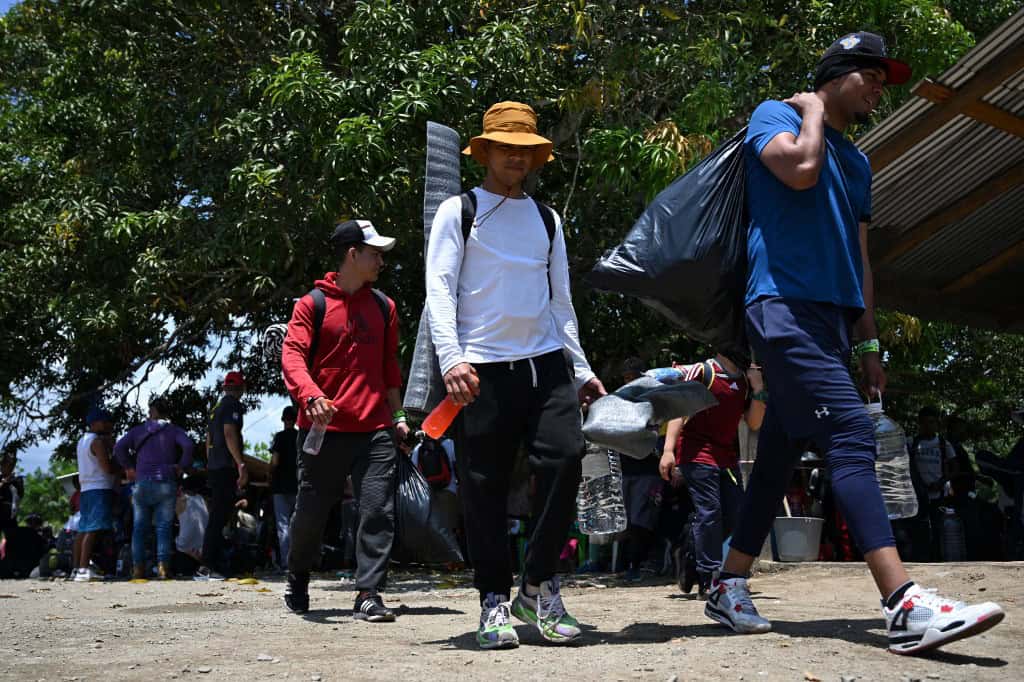A Unicef official said this Friday that it is impossible to predict what will happen if Panama closes the Darién jungle to migrants, as promised in the election campaign by the newly elected Panamanian president, José Raúl Mulino.
“It is very difficult to predict what will happen, but from the experience in other places where barriers have been imposed, [migrants] tend to seek alternative routes that sometimes even put those crossing the border at greater risk,” said Vicente Terán, Unicef’s deputy representative in Panama, to AFP.
The closure of the jungle bordering Colombia was one of Mulino’s main promises, who takes office on July 1. After the May 5 elections, he also stated that he would deport migrants entering the country through this jungle.
In 2023, more than 520,000 migrants crossed the jungle, where there are natural dangers such as wild animals and rushing rivers, and criminal gangs operate that rob, rape, and kill. The Panamanian government must allocate resources to assist travelers.
The United Nations Children’s Fund (Unicef) and other international organizations have staff in the villages of Darién to assist migrants arriving from Colombia after a risky walk of three, five, or more days through the jungle.
Unicef reported on Wednesday that in the first four months of this year, more than 30,000 children crossed the Darién, 40% more than in the same period of 2023. The number of migrant children crossing the jungle without their parents also increased.
“Last year, 3,300 unaccompanied or separated children [from their parents] crossed [the Darién]. In the records we have for the first four months, it is already 2,000,” he noted.
“The needs of unaccompanied adolescents […] are much greater because they are much more at risk of abuse, exploitation, or even trafficking,” the official emphasized.
Terán noted that “the aspects that explain the increase in adolescents crossing are several,” among them “family reunification,” referring to parents who are already in the United States and have their children travel.
However, also poverty in their countries of origin, political instability, and “climate emergencies […] make many adolescents see [migration] as a way out of these situations,” he added.






